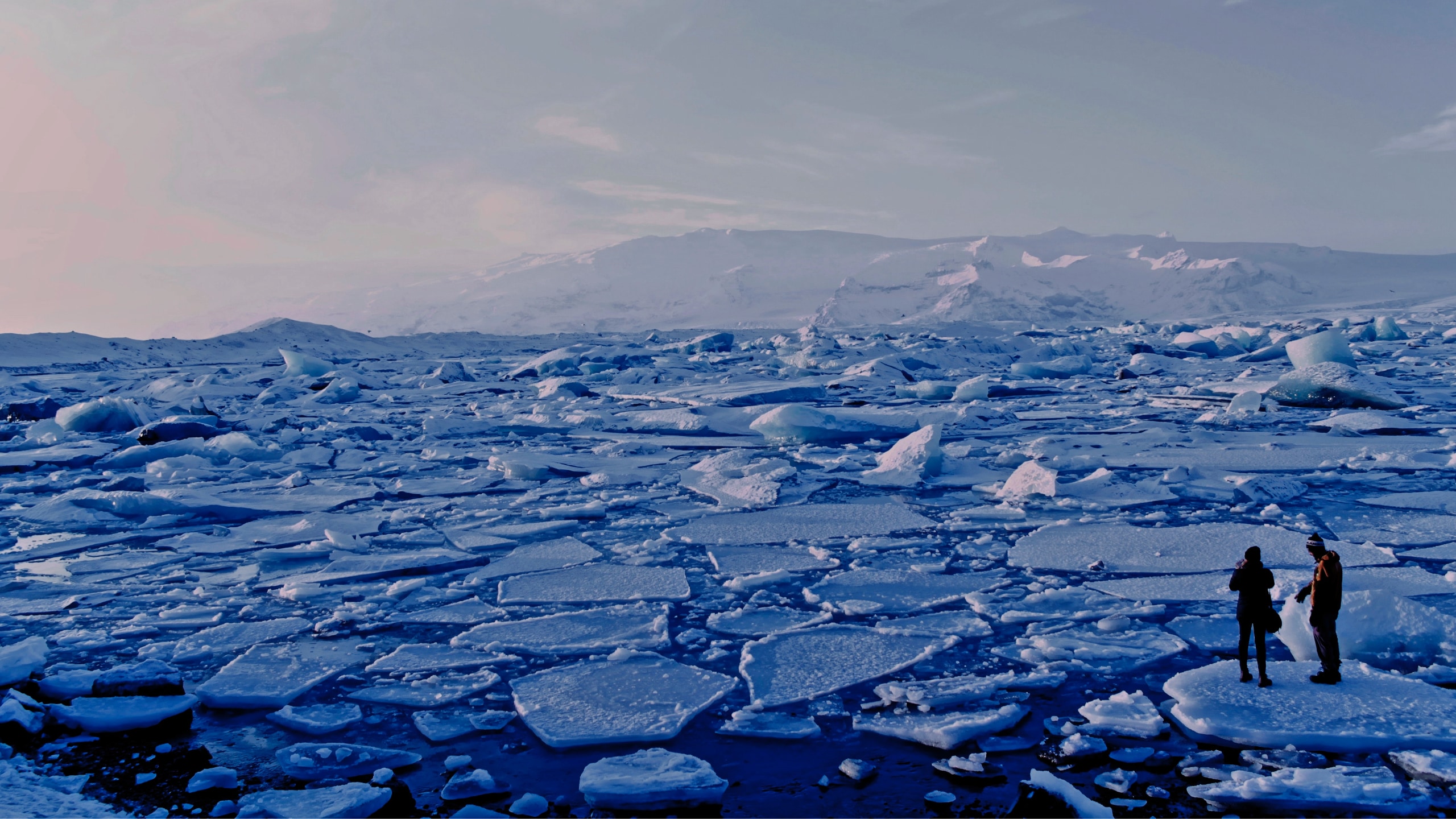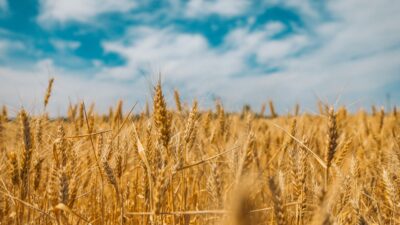Sydney Business InsightsSydney Business Insights,
text

Megatrends watch
Town closer to North Pole than equator hits 49.6ºC
Temperature records in Canada and the north-west United States are being smashed as a historic heatwave in the region lifts maximums up to 20 degrees above average.
ABC News, June 2021
Lytton, at a latitude of 50 degrees north, recorded Canada’s highest ever temperature of 49.6C before being virtually wiped out in unprecedented wildfires that raged across the province of British Columbia.
Too hot to handle
The unseasonably high temperatures caused roads to buckle, trains to stop operating due to stress on the rails and increased deaths (486 deaths in 5 days compared with an average of 165 in normal conditions).
Heat dome to hell
A heat dome – where an enormous high-pressure zone acts like a pot lid, trapping heat as it accumulates – is the immediate cause of the area’s soaring temperatures.
Red Arctic
Heatwaves are also being experienced in The Arctic Circle (a toasty 30ºC) – a situation that could exacerbate the region’s melting permafrost. Permafrost is the frozen layer of soil that has underlain the Arctic tundra for millions of years. This event could worsen global warming by releasing methane and other greenhouse gasses.
The climate change connection
While previously scientists were reluctant to link individual extreme weather events to climate change, the science around these events is changing fast producing a new field of study: event attribution science.
The international World Weather Attribution project released modelling showing the 1 in 1,000 year heat event across North America and the Arctic was “virtually impossible without human-caused climate change.”
The verdict
Meteorologists warn widespread ‘unusual’ weather patterns will become more common as the earth’s temperature continues to rise.
Megatrends watch: climate and resource security
Subverting
Stable
Accelerating
This update is part of our Megatrends Watch series, which tracks developments that inform our six global megatrends….
Image: Roxanne Desgagnés
Sydney Business Insights is a University of Sydney Business School initiative aiming to provide the business community and public, including our students, alumni and partners with a deeper understanding of major issues and trends around the future of business.
Share
We believe in open and honest access to knowledge. We use a Creative Commons Attribution NoDerivatives licence for our articles and podcasts, so you can republish them for free, online or in print.









